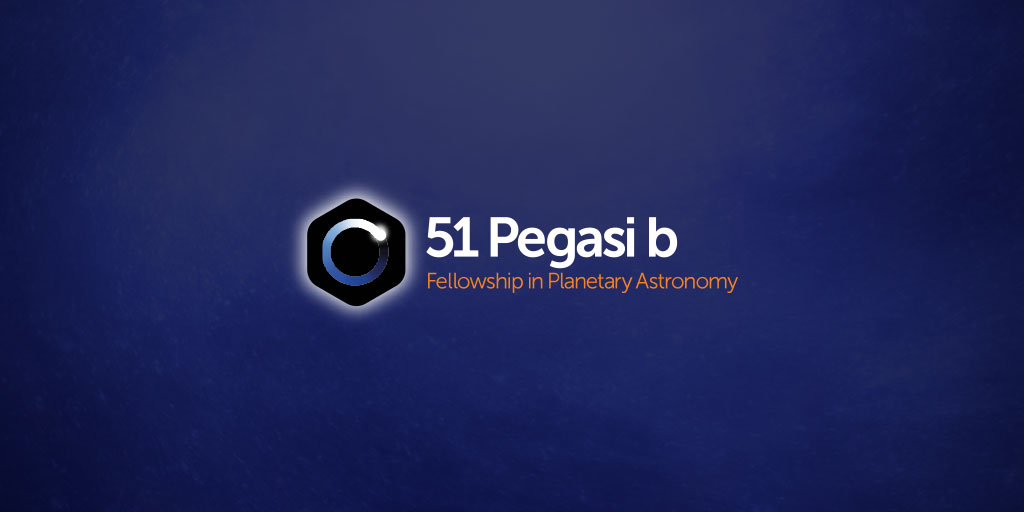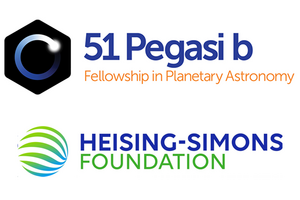Applications are now open for the 51 Pegasi b Postdoctoral Fellowship!
Job Summary
Job Description
The 51 Pegasi b Fellowship Program sponsored by the Heising-Simons Foundation provides an opportunity for promising recent doctoral scientists to conduct novel theoretical, experimental, or observational research in planetary astronomy. The fellowship program supports postdoctoral fellows to advance our fundamental understanding of planet formation and evolution, solar system science, planetary atmospheres, protoplanetary disks, exoplanet science, or other closely related topics. The fellowship program recognizes early-career investigators of significant potential and provides them with the opportunity to conduct independent research at one of twenty-eight host institutions.
The Foundation anticipates awarding six to eight fellowships this year. The Heising-Simons Foundation is dedicated to fostering an environment that embraces and celebrates a wide range of perspectives. We welcome applications from individuals whose backgrounds are underrepresented in planetary astronomy, and whose innovative ideas can have catalytic impacts on the field.
Application Details

Yale hosts a broad range of research efforts spanning the formation, characterization, and evolution of planetary systems across our departments of Astronomy, Earth and Planetary Sciences, and Statistics and Data Science, as well as Yale’s Institute for Foundations of Data Science (FDS). Our faculty’s research interests range from the birthplaces of exoplanets (Héctor Arce) to the interior structure, dynamics, and evolution of their host stars (Sarbani Basu, Earl Bellinger); the geophysics and thermal evolution of solar system and extrasolar planets (Jun Korenaga); the atmospheres and climates of other worlds (Juan Lora); the geochemistry of early solar system materials and the formation and evolution of planetary bodies (Damanveer Grewal); the dynamics, characterization, and demographics of mature planetary systems (Malena Rice); and applications of novel statistics and machine learning techniques to examine planetary systems (Lu Lu, Earl Bellinger).
Fellows at Yale have the opportunity to lead observing programs on world-class telescopes at Keck and Palomar Observatories. They also have access to excellent high-performance computing facilities, a vast collection of meteorite samples housed at Yale’s Peabody Museum, and a vibrant community of students, postdocs, research scientists, and faculty working across the 51 Pegasi b areas. Members of Yale’s planetary community regularly serve as leaders in education and outreach initiatives such as Yale Open Labs, Yale’s Girls’ Science Investigations, Astronomy on Tap New Haven, the Yale Summer Program in Astrophysics, the Yale Astronomy and Space Science Explorers program, and weekly public nights at the Leitner Observatory and Planetarium on campus.

